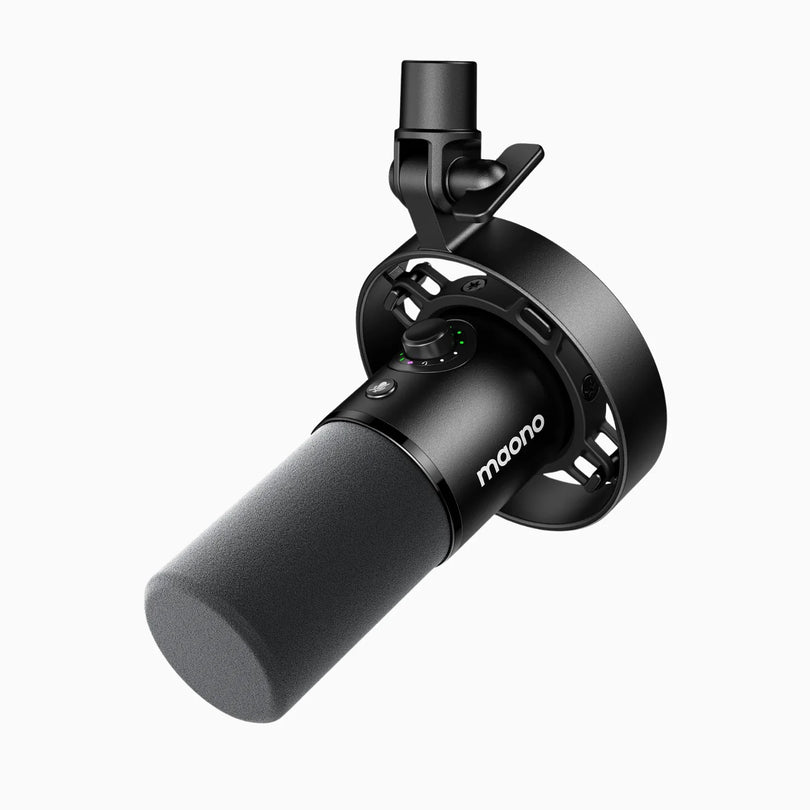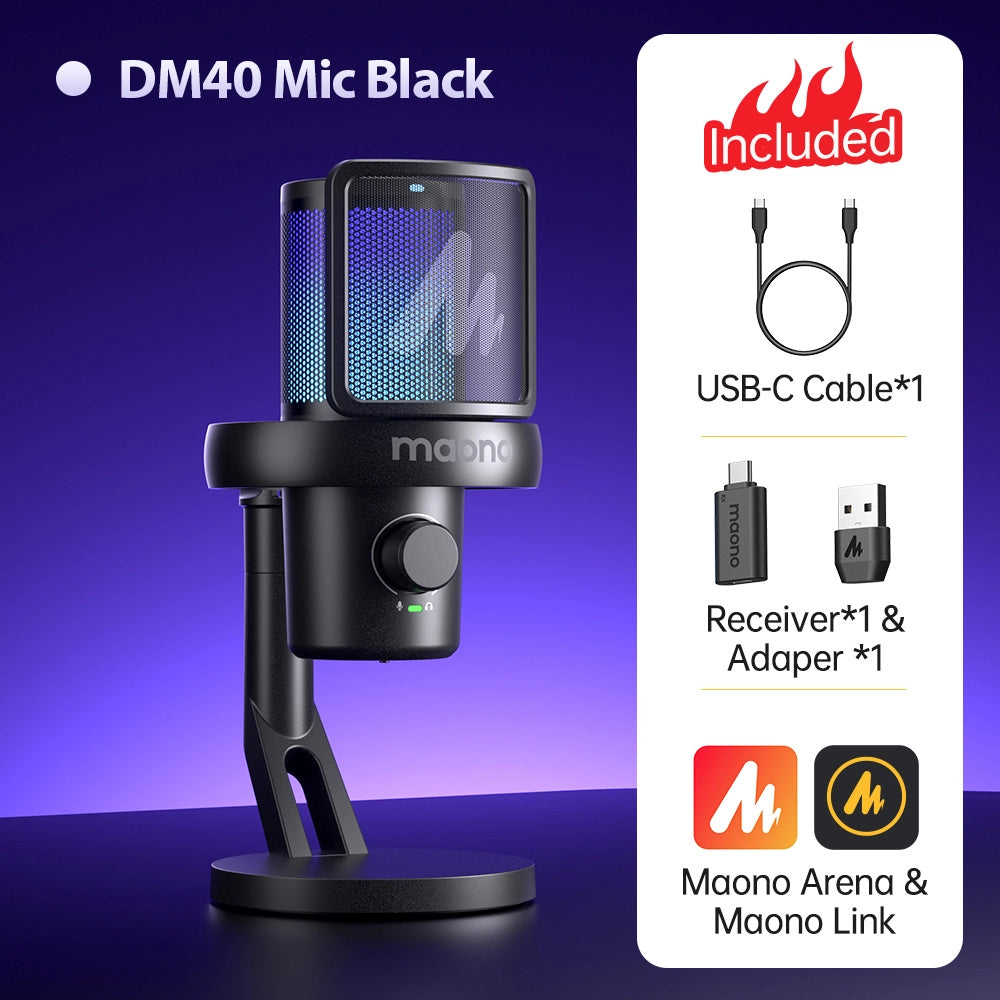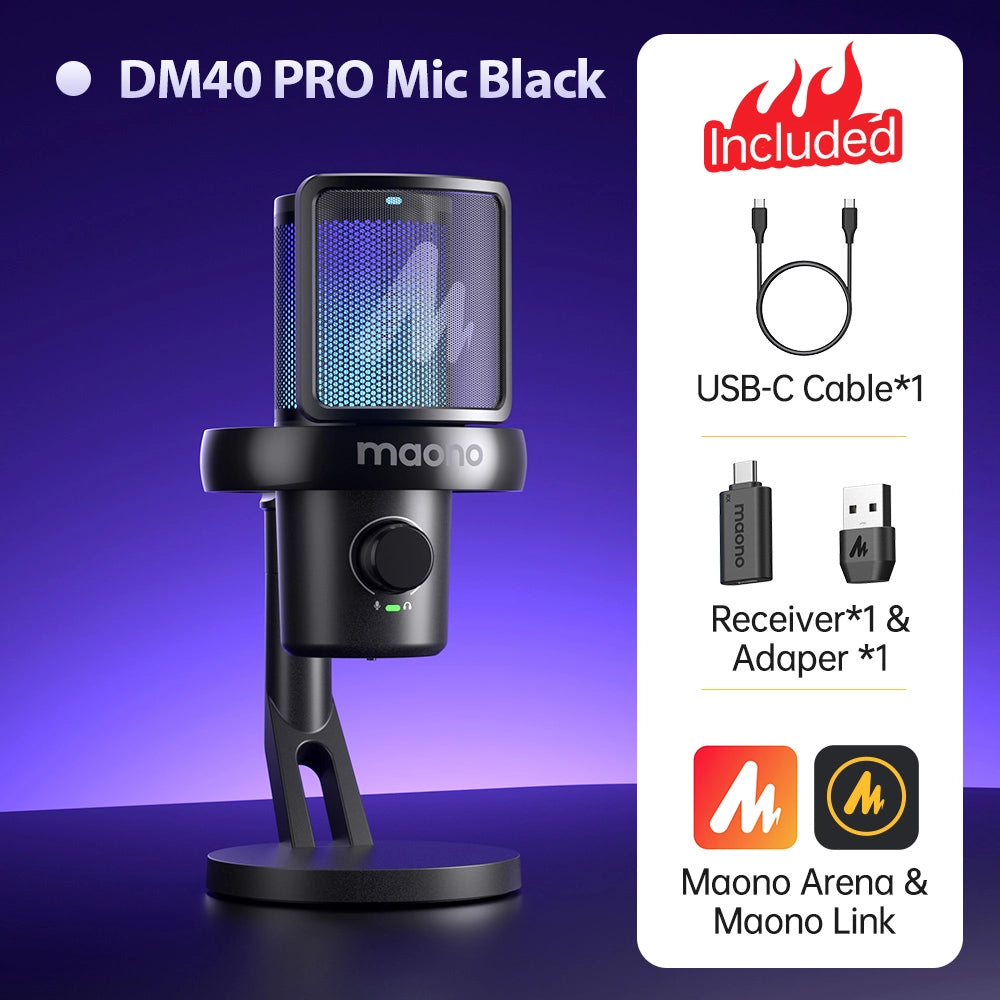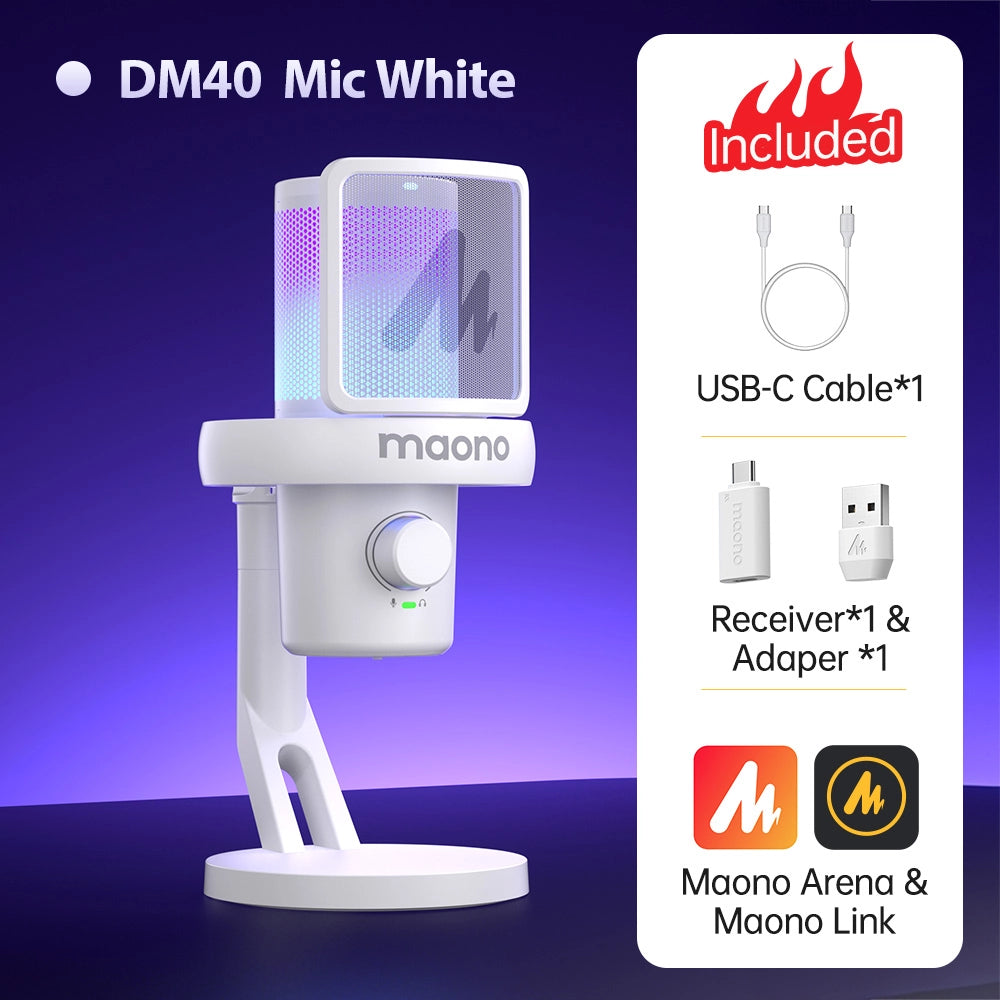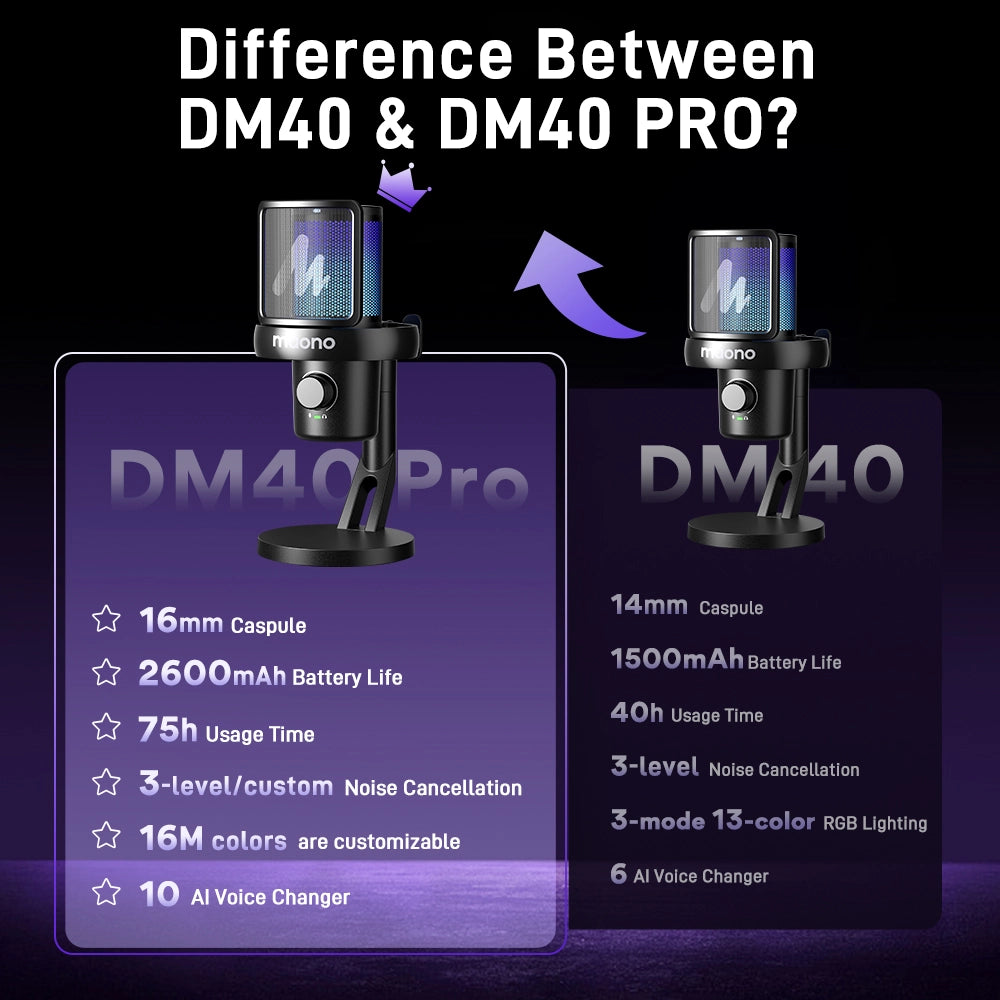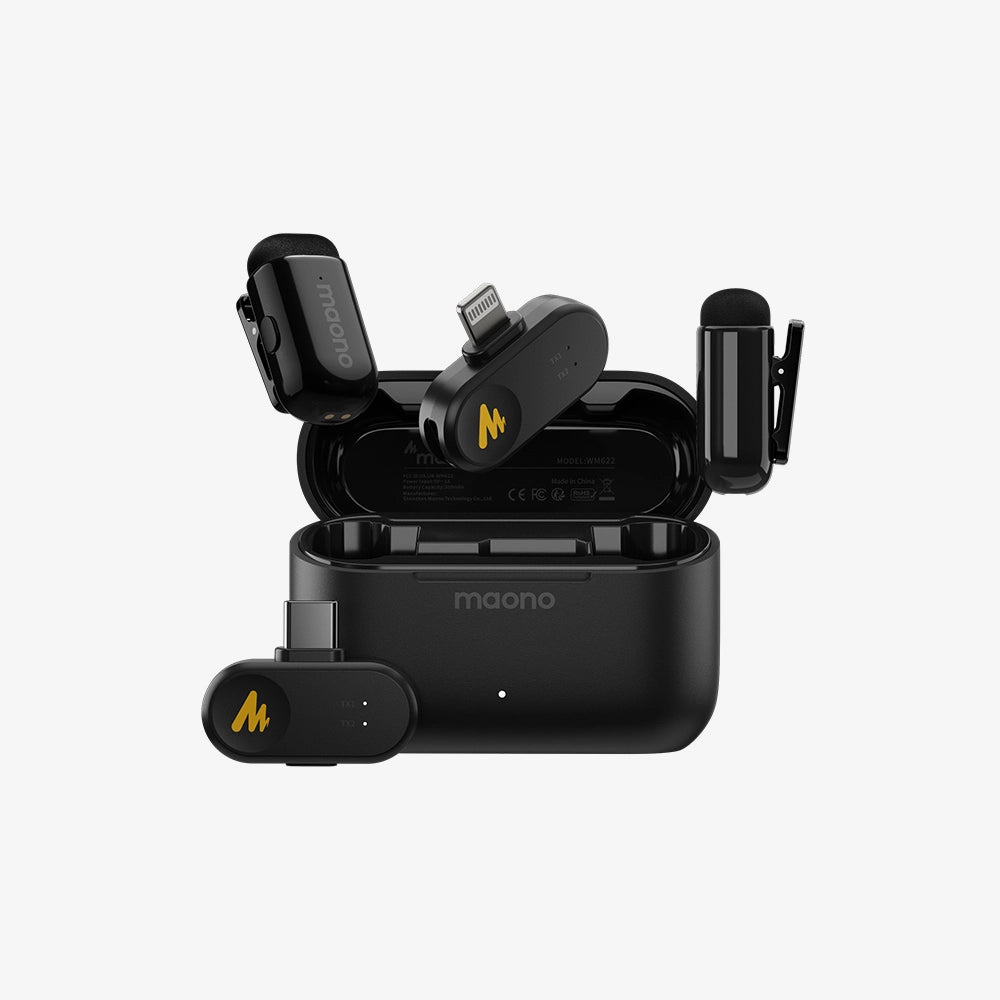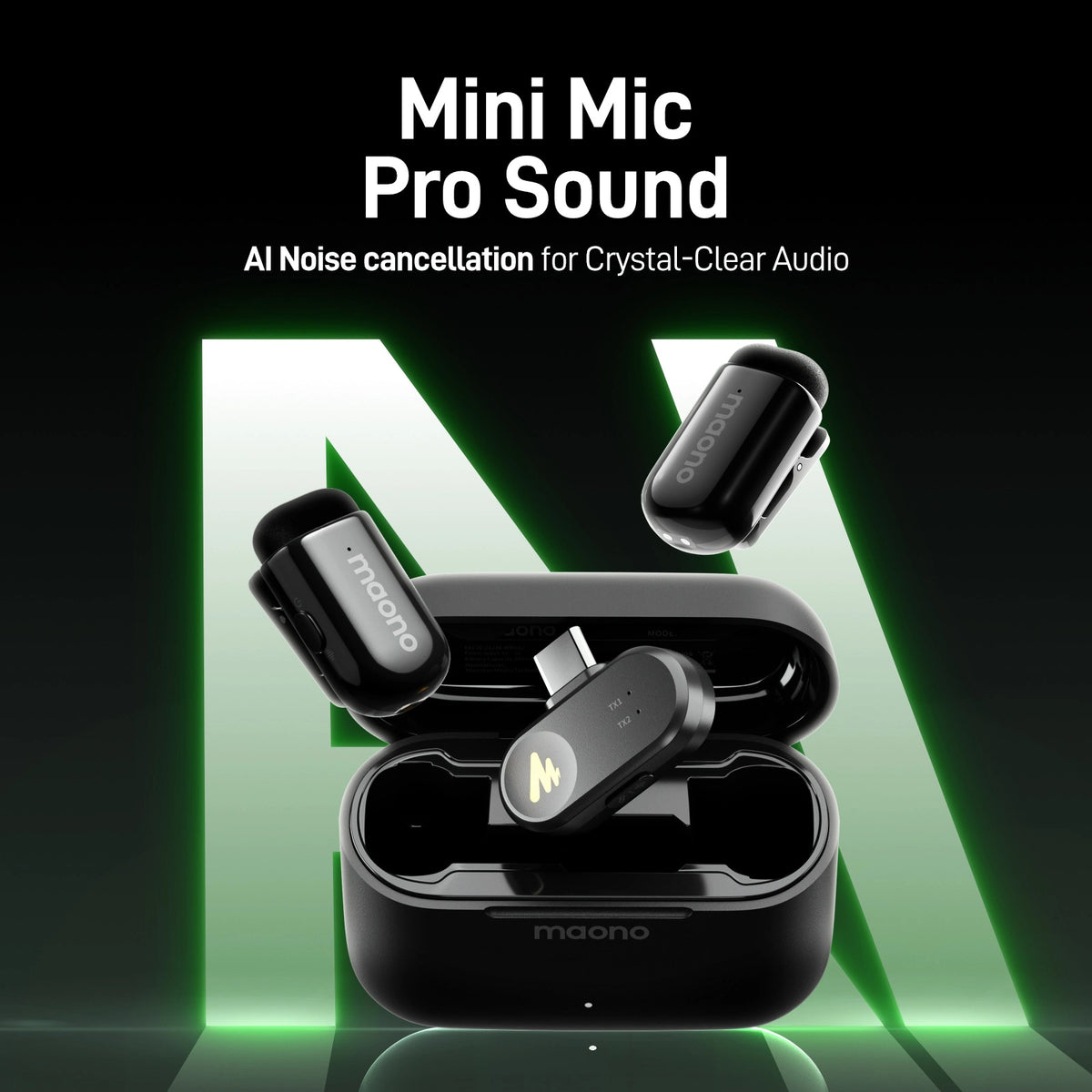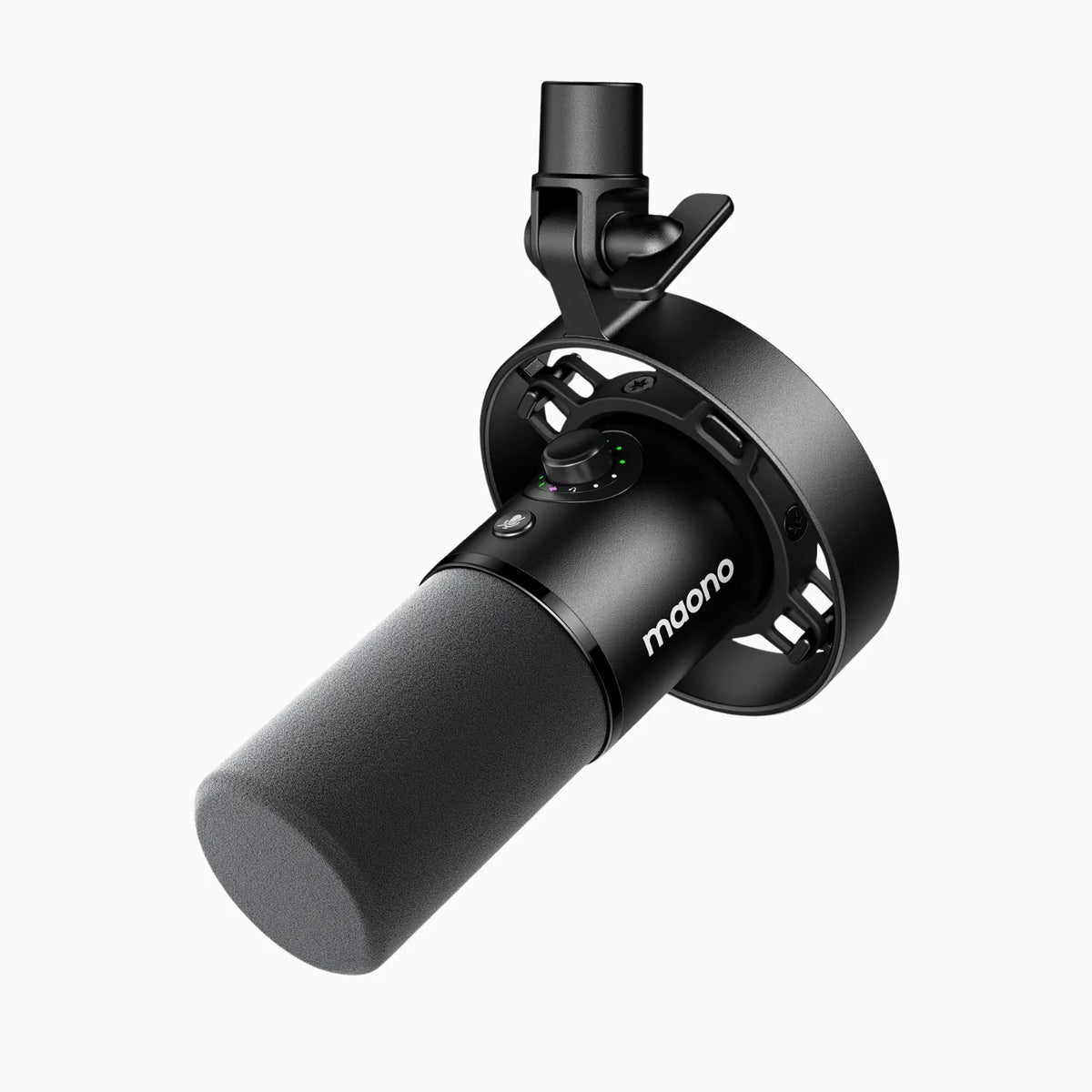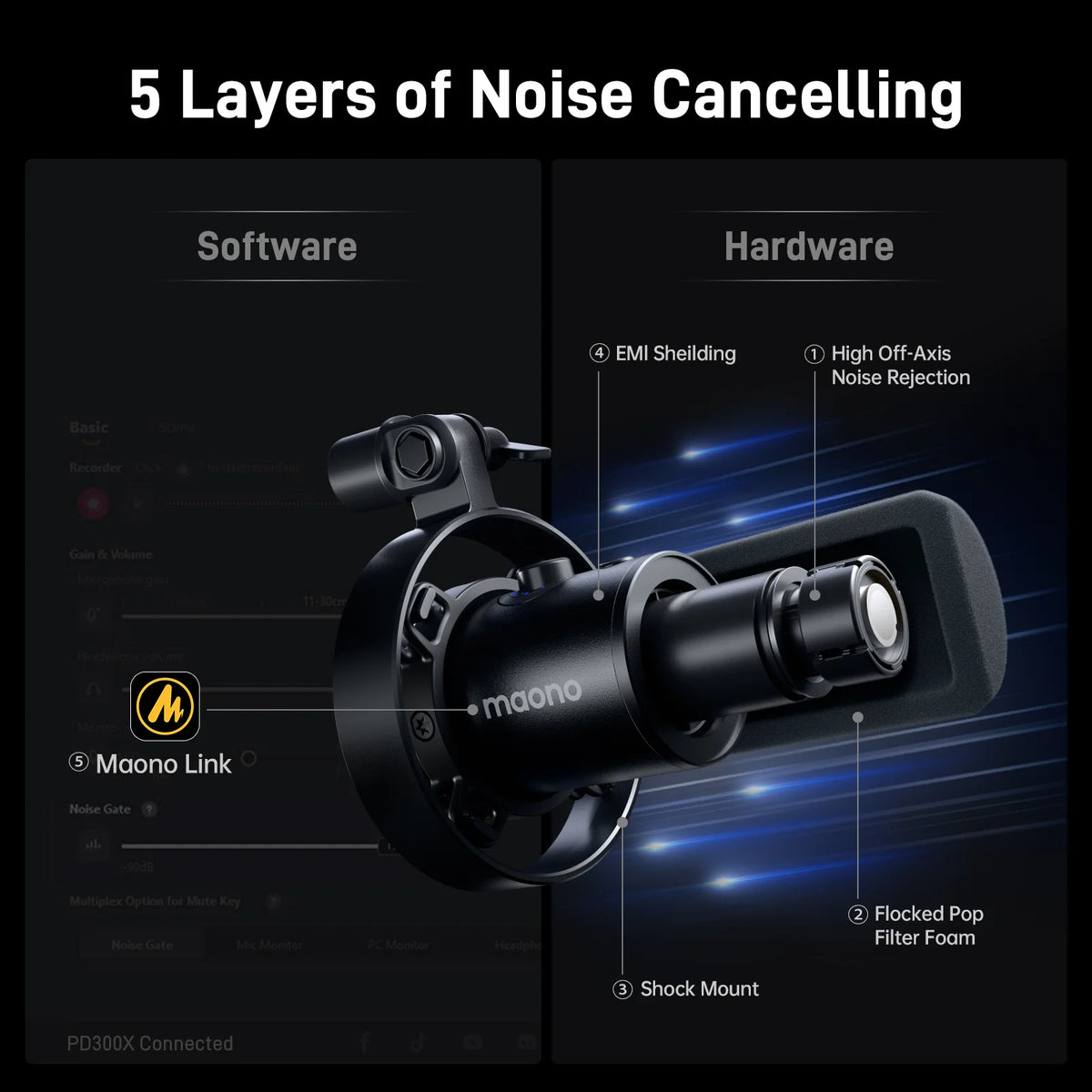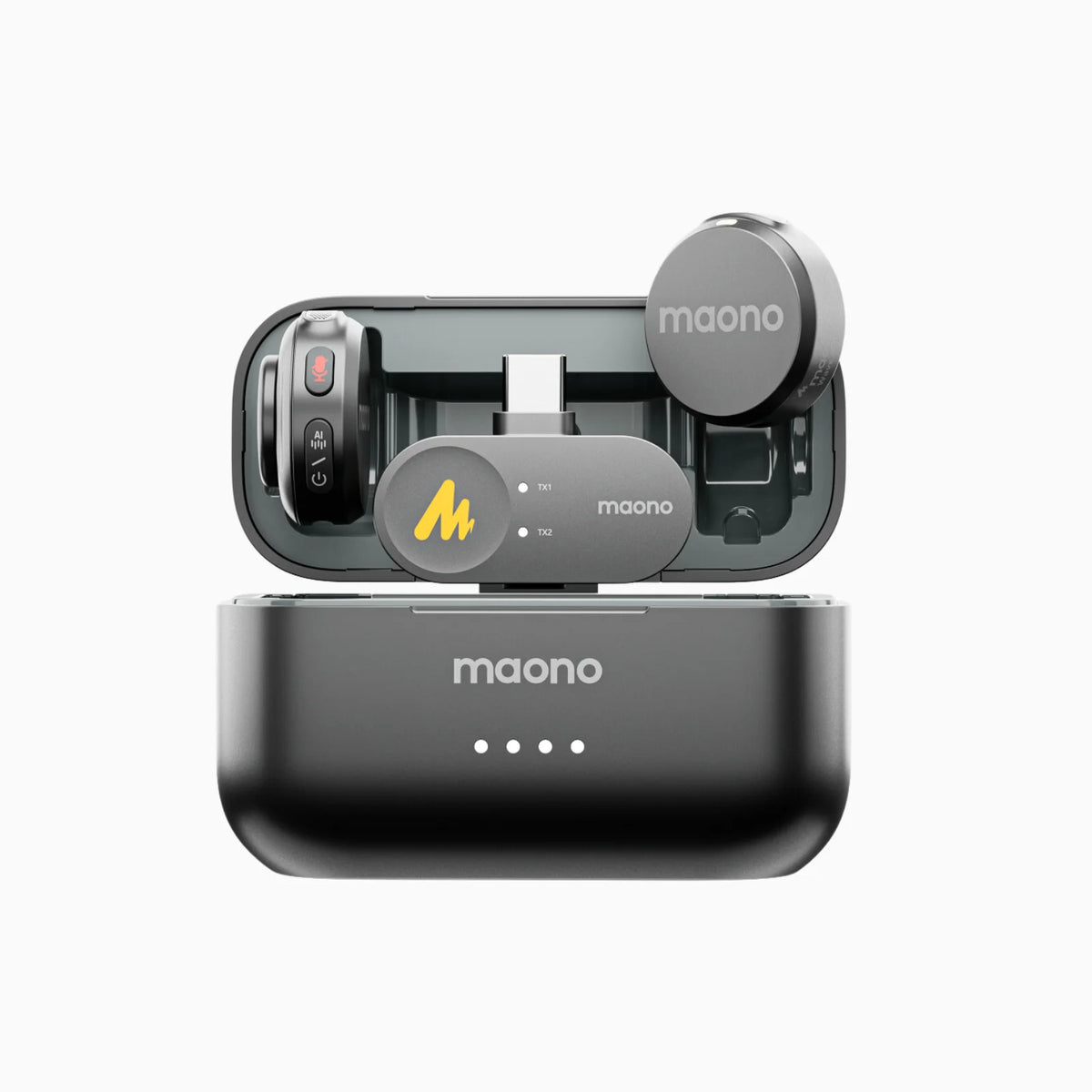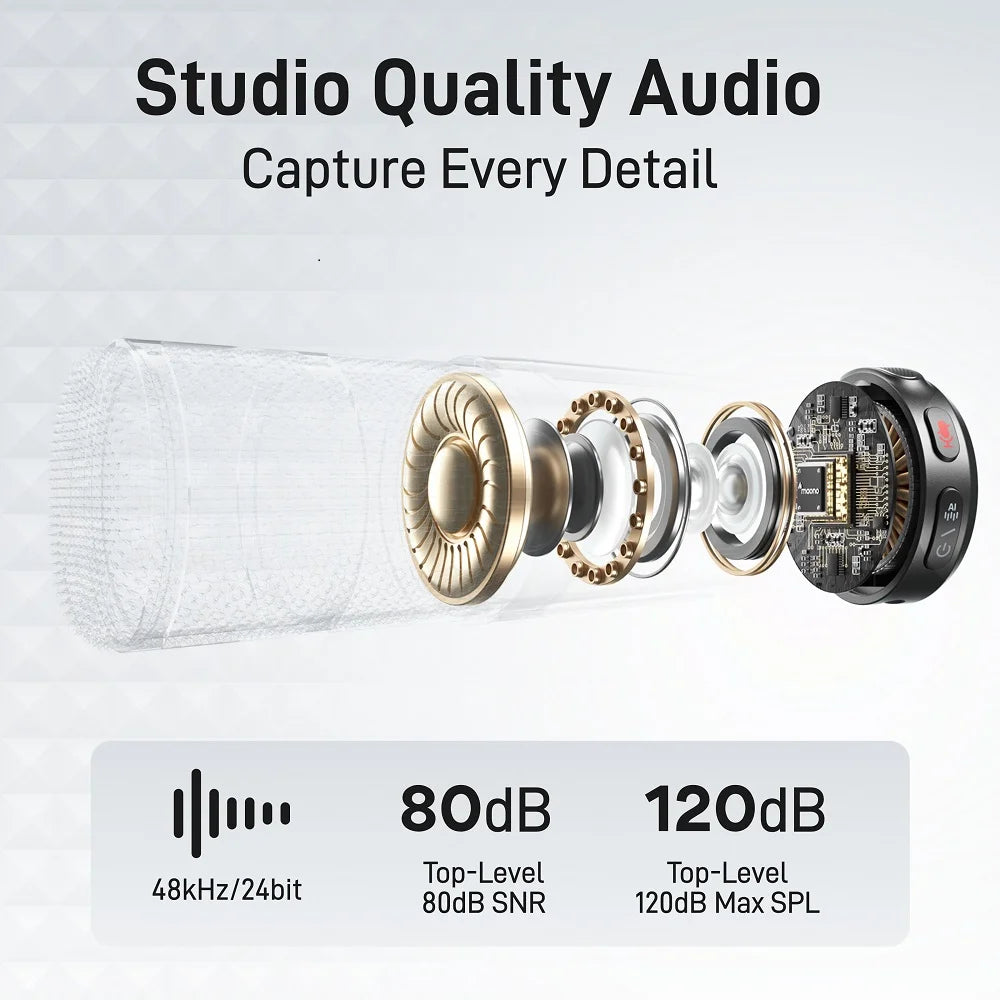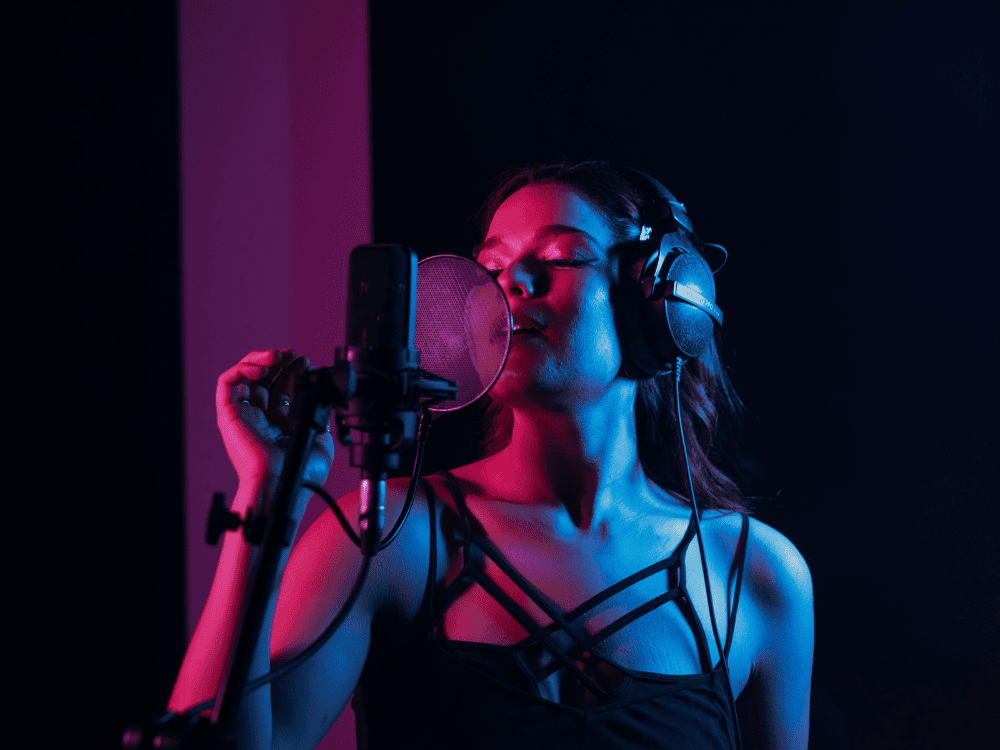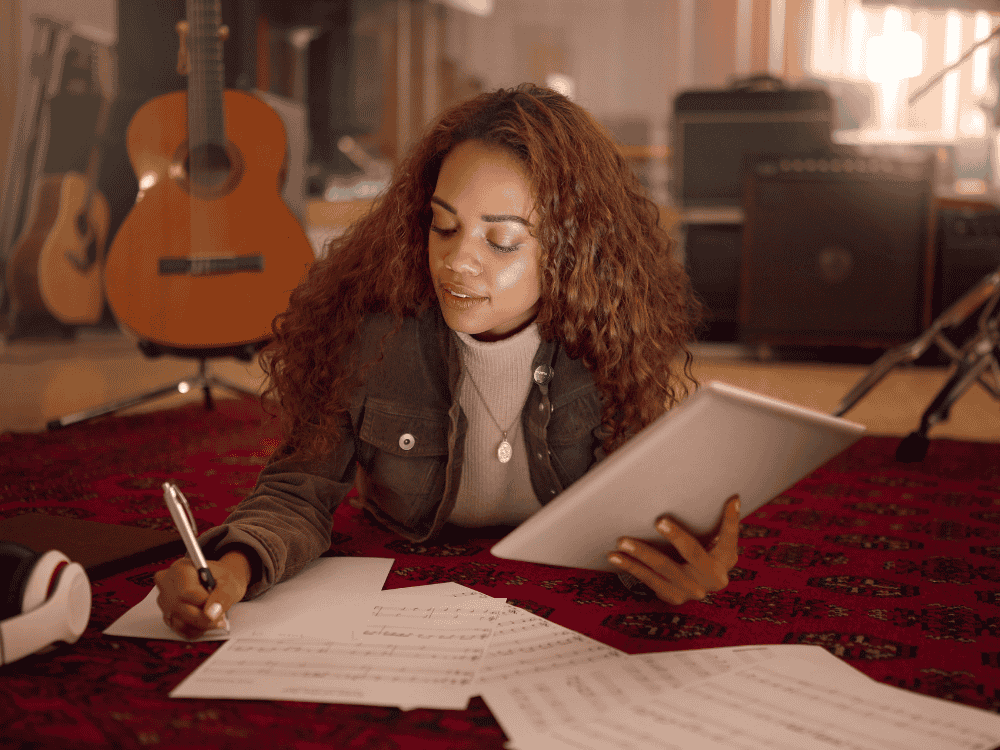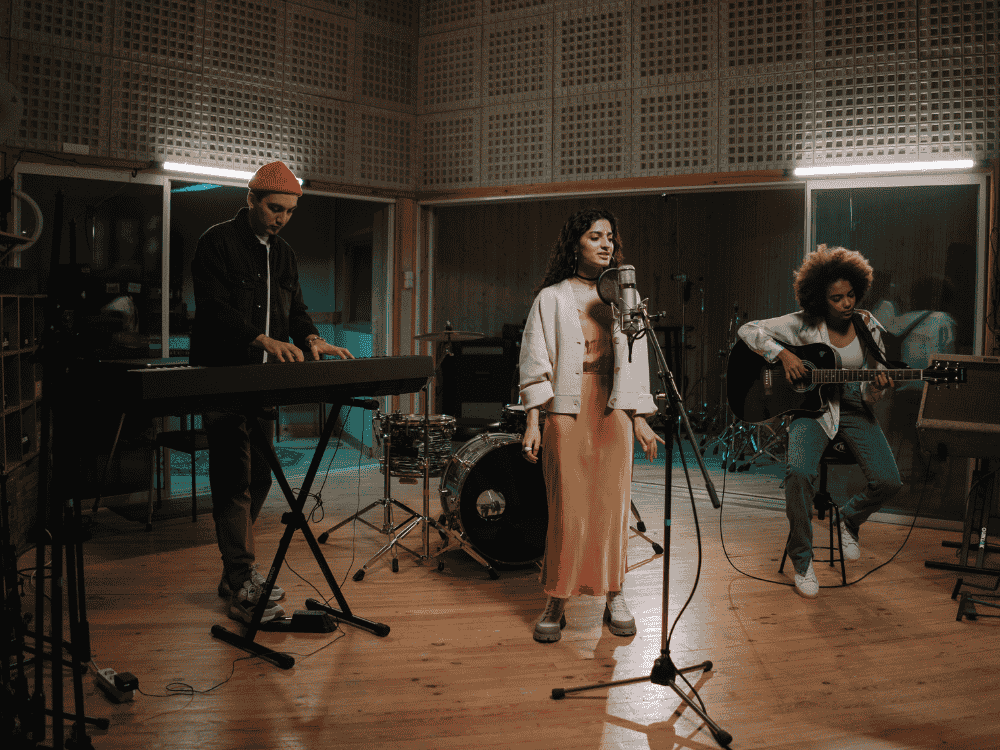Introduction: Different Styles for Singing
Singing is an incredibly diverse art form, with a wide range of vocal styles, techniques, and intensities. While every singer has a unique voice, some general categories can be drawn based on vocal characteristics, especially in terms of volume and projection. Understanding these styles is essential when choosing the best microphone for singing live for recording or live performances.
Quiet Singers
Some singers have a naturally softer, more controlled voice. These quiet singers may rely on subtle nuances and delicate phrasing, often requiring a singing microphone that can capture the full detail of their voice without distortion or loss of clarity. This can be especially important for genres like acoustic, jazz, or classical music, where the vocal tone is an integral part of the performance.
Loud Singers
On the other end of the spectrum are louder singers who project their voices with power and strength. These singers often perform in genres like rock, pop, or musical theater, where volume and vocal intensity are key. A singing microphone that can handle high sound pressure levels (SPL) is essential to avoid distortion and ensure the voice comes across clearly even at higher volumes.
Other Vocal Styles
There are also various vocal techniques, such as belting, growling, falsetto, and whispering, each of which may require different types of microphones. In these cases, the choice of mic is even more important as it needs to capture specific vocal dynamics without compromising sound quality.
Why the Right Microphone Matters
When selecting a microphone for singing, whether for live performances or studio recording, it's essential to match the mic's characteristics to the singer's style and performance environment. This article will explore the best USB vocal microphones and XLR singing microphones, offering top recommendations for both quiet and loud singers, as well as those singing live or online.
What is the Best Microphone to Record Your Vocals?
Microphones are essential tools for capturing a singer's voice in both live and studio settings. The two primary types of microphones for vocals are USB microphones and XLR microphones. Each type has its pros and cons, depending on the environment in which they are used and the style of singing.
Top 5 Best USB/XLR Microphones for Singing
Here are five highly recommended singing microphones for singers, ranging from professional-grade models to budget-friendly options.
1. Maono PM500

The Maono PM500 is a versatile and budget-friendly microphone that delivers clear, professional-quality sound. It’s an XLR condenser microphone ideal for both home studio use and live performances. The PM500 excels at capturing the full range of a singer’s voice, making it perfect for quiet and loud singers alike. With a cardioid polar pattern, it picks up vocals while rejecting ambient noise, ensuring the sound is focused and clear.
- Best for: Home studio recording and live performances.
- Key Features: Clear, warm sound; durable build; cardioid pattern; XLR connection.
2. Maono HD300T

The Maono HD300T is a USB/XLR hybrid microphone, offering the flexibility to be used with both types of connections. This makes it perfect for singers who may need to switch between live performance settings and studio recording. It offers a warm and rich vocal tone with low noise, making it ideal for both quiet and loud singers. With a built-in pop filter, it helps reduce plosives and unwanted sounds, ensuring a clean recording.
- Best for: Singers who need both USB and XLR capabilities.
- Key Features: Dual USB/XLR compatibility; built-in pop filter; high-quality condenser capsule.
3. Shure SM7B
The Shure SM7B is a dynamic microphone that has been a staple for professional vocalists for decades. Known for its ability to handle loud singers with power and control, the SM7B is excellent for live performances and studio recording. It’s a cardioid dynamic mic that rejects unwanted noise and provides a full, balanced sound. It's perfect for rock, pop, or any genre that requires high-volume projection without distortion.
- Best for: Loud singers and live performances.
- Key Features: Versatile; handles high SPL; dynamic cardioid pattern; durable.
4. Audio-Technica AT2020
The Audio-Technica AT2020 is a popular XLR condenser microphone that’s often recommended for home studios and beginners. It offers excellent sound clarity and captures a wide range of vocal tones, making it perfect for quiet singers or those who need a mic that can pick up subtle details. The cardioid polar pattern ensures it focuses on the singer’s voice while rejecting background noise.
- Best for: Quiet singers and home studio setups.
- Key Features: Affordable; clear sound; cardioid pattern; low self-noise.
5. Razer Seiren X
The Razer Seiren X is a compact USB microphone that delivers clear, detailed sound for both live streaming and recording. It’s particularly popular among online singers and streamers due to its plug-and-play functionality. With its supercardioid polar pattern, it captures vocals with precision while minimizing background noise, making it ideal for quiet singers performing live online.
- Best for: Online singers and streamers.
- Key Features: Compact; supercardioid pattern; USB plug-and-play; noise reduction.
What Type of Microphone Should Be Used by Quiet Singers When Singing Live?
For quiet singers who perform live, choosing a microphone that can capture subtle vocal nuances without distortion is critical. Since quiet singers often have lower vocal projection, a condenser microphone (either USB or XLR) would be ideal. These microphones are sensitive and designed to capture the full range of vocals, from the softest whispers to louder passages, without sacrificing clarity.
The Maono HD300T is an excellent choice for quiet singers performing live, especially if they’re streaming or recording online. Its dual USB/XLR connectivity offers flexibility, and the built-in pop filter ensures that even soft vocals are captured clearly. Another great option for quiet live performances is the Razer Seiren X, which uses a supercardioid pattern to focus on the singer’s voice while minimizing ambient noise, making it perfect for streamers and performers in noisy environments.
What's a Good Microphone for Singing Live Online?
For live online performances, a USB microphone is often the most convenient choice due to its plug-and-play functionality. The Maono HD300T is a fantastic option for both live streaming and studio recording, thanks to its USB/XLR hybrid design. If you’re looking for a more affordable option, this USB vocal microphone delivers excellent sound quality for online performances.
Maono HD300T offers noise reduction and cardioid or supercardioid patterns, ensuring that vocals are captured clearly while background noise is minimized, making them ideal for singing live online.
How Do I Choose Between USB and XLR Microphones for Singing?
Choosing between USB and XLR microphones depends on several factors:
-
USB Microphones: These are more straightforward and ideal for beginners or casual performers. USB mics offer plug-and-play functionality, meaning you don’t need additional equipment like an audio interface or mixer. They are perfect for home studios, streaming, or mobile recording.
- XLR Microphones: These provide higher sound quality and more flexibility. XLR mics are typically used in professional settings and require an audio interface or mixer to connect to a computer or sound system. They offer better control over sound and can be used with high-end equipment for studio-quality recordings and live performances.
If you’re just starting or need a simple setup for online performances, USB microphones like the Maono HD300T or Razer Seiren X are great choices. However, if you’re looking for superior sound quality and more professional flexibility, XLR microphones like the Maono PM500 or Shure SM7B will offer better long-term value.
FAQs
Are USB Microphones Suitable for Recording High-Quality Vocals?
USB microphones can record high-quality vocals, especially in controlled environments. They are convenient and offer plug-and-play functionality, but they may not have the same level of audio fidelity and flexibility as XLR microphones when paired with a high-quality audio interface. For professional-level vocal recordings, XLR microphones paired with an audio interface are generally preferred.
How Do I Set Up an XLR Microphone for a Home Studio?
To set up an XLR microphone for a home studio, follow these steps:
- Connect the XLR microphone to an audio interface using an XLR cable.
- Connect the audio interface to your computer via USB or Firewire.
- Install any necessary drivers or software for your audio interface.
- Open your digital audio workstation (DAW) software and select your interface as the input device.
- Adjust the gain levels and ensure the microphone is positioned correctly for optimal sound capture.
How Do I Maintain and Clean My USB/XLR Singing Microphones?
Proper maintenance and cleaning ensure that your singing microphones stay in top condition. Here’s how to do it:
- Clean the microphone body with a soft, dry cloth to remove dust and debris.
- Clean the microphone grille using a brush or a can of compressed air to clear out any dirt or particles.
- Check the cables regularly for wear and tear, especially for XLR cables, and replace them if necessary.
- Store microphones properly in a cool, dry place to avoid moisture and dust accumulation.
Final Thoughts
Choosing the best singing microphone for your needs depends on your specific singing style and performance environment, whether you're singing live or recording at home. Both USB and XLR microphones offer excellent sound quality, but XLR mics provide greater flexibility and control for professional setups. For live and online performances, the Maono HD300T and Razer Seiren X are top choices, while the Maono PM500 and Shure SM7B excel in studio and live performance settings.
By carefully considering your vocal style, performance setting, and technical needs, you can select the best microphone for singing live that enhances your vocal performance and ensures your sound is captured at its best. Whether you're a quiet singer looking for subtlety or a loud performer needing power and clarity, there's a singing microphone here to match your voice. Additionally, if you're on a budget, the best affordable microphone for singing can still provide great sound without breaking the bank.



